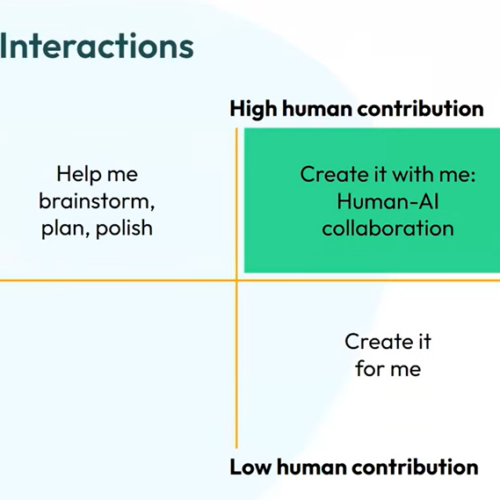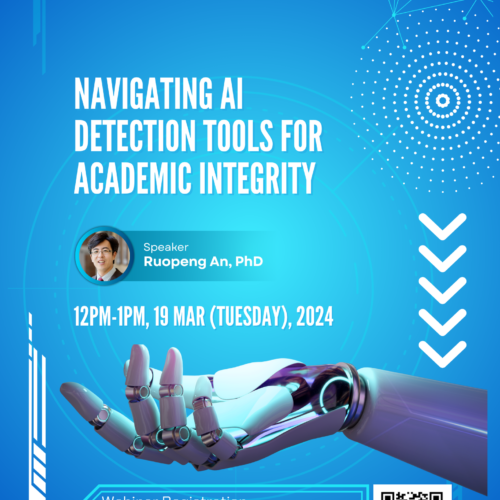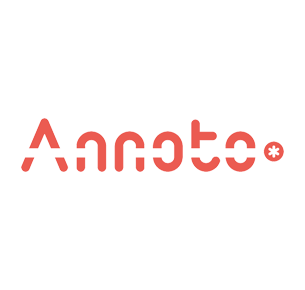Stephen Kosslyn Presents The Minerva Schools
In this second lecture in the new “Innovations and Evidence-based Pedagogies in Undergraduate STEM Courses Speaker Series,” Stephen M. Kosslyn, psychologist and founding dean of The Minerva Schools, discussed the philosophy and workings of the school. “Minerva is focused on practical knowledge for the 21st century,” he began, illustrating this idea by engaging the audience in reflection on an ethical dilemma. In keeping with Minerva’s cognitive-science approach, he followed with a glimpse of the brain science at work in our ethical decision-making.
Kosslyn then described the process of designing the Minerva curriculum around “habits of mind” and “core competencies,” which students develop in courses organized around “big questions” facing society. He also provided an overview of the four-year Minerva trajectory, including the majors and concentrations, as well as the final capstone project. Interspersing selected recordings of Minerva’s all-online classes in his talk, Kosslyn provided four key ideas about the Minerva university program:
- First, the curriculum is designed to help students master four core competencies: critical thinking, creative thinking, effective communication and effective interaction with others.
- Second, all of Minerva’s courses are active-learning seminars. Kosslyn noted that “These seminars are designed in accordance with the science of learning, which helps students easily absorb and apply the material.”
- Third, technology is central to Minerva’s approach. Faculty use the “Minerva Active Learning Forum” software to teach each course online.
- Fourth, students live together in Minerva residential halls, which allows them to engage in co-curricular and extra-curricular activities. All students live in San Francisco during their first year, but then live in other cities around the world during subsequent years, making use of its resources in the curriculum and in other aspects of student life.
Kosslyn’s talk drew faculty from biology, physics, psychology, and chemistry as well as undergraduate, graduate students, and postdocs.
Steve Kosslyn has given permission for a video of the talk to be available for viewing by Washington University faculty, students, and staff. This video may not be distributed or disseminated beyond Washington University audiences. Note: When the new window opens, click the Authenticate button and then log in with your WUSTL Key.
The “Innovations and Evidence-based Pedagogies in Undergraduate STEM Courses” is sponsored by The AAU STEM Education Initiative project team, CIRCLE, and The Teaching Center. Upcoming speakers in the AAU series include:
- Fall 2016 (date to be determined): Julie Stanton, Assistant Professor, Department of Biology, University of Georgia. Stanton will discuss her research on metacognition, as well as practical ways to help students develop metacognitive skills so that they can be more effective learners.




